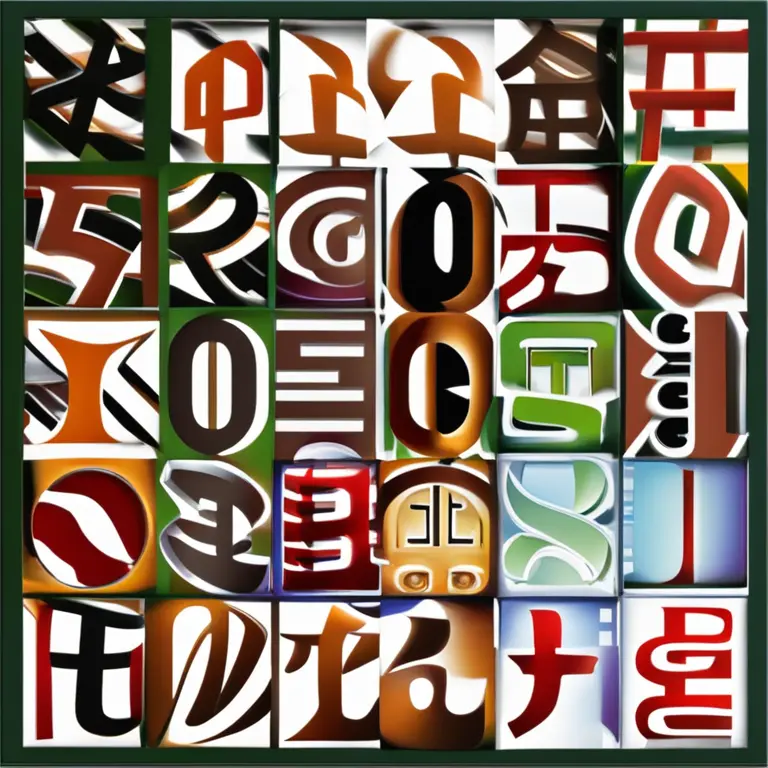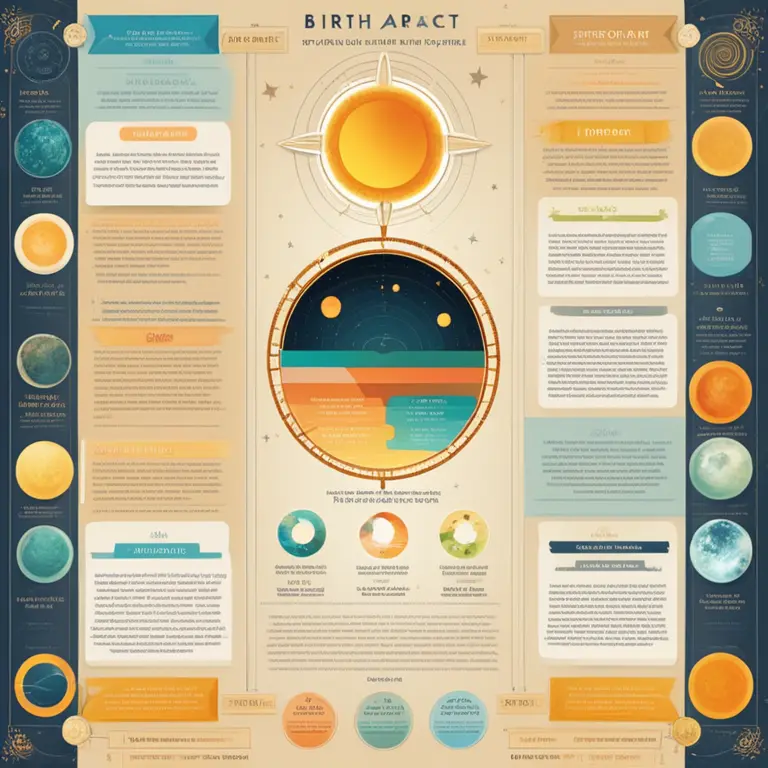
The Accuracy of Birth Charts: A Modern Scrutiny
Explore the legitimacy and precision of astrological birth charts in the context of modern horoscopic practices and scientific perspectives.
article by Priya Deshmukh
The Essence of Birth Charts
Birth charts, also known as natal charts, are astrological snapshots of the sky at the moment someone is born. Encompassing the positions of the sun, moon, and planets, they are believed to influence personalities and life paths. Astrologers interpret these celestial configurations to offer insights into one’s character, preferences, and potential future events. Despite being an ancient practice, the veracity of birth charts continues to spur debate among enthusiasts and skeptics alike.

Astronomical vs. Astrological Precision
While the astronomical data used to construct birth charts are precise, the astrological interpretations are subjective. Each planet's placement in particular signs and houses is astronomically accurate. However, the predictive accuracy of astrological forecasts relies on the interpreter's skill and the methodologies used, which can vary widely. In recent times, the astrological community has been making efforts to standardize practices to improve the coherence and reliability of interpretations.

Scientific Scrutiny and Evidence
The scientific community generally views astrology as a pseudoscience, mainly due to the lack of empirical evidence supporting its predictive capabilities. Studies attempting to validate astrology's efficacy have largely been inconclusive or negative. Critics argue that any accuracy in astrological predictions can be attributed to vague statements that can be applied universally, a phenomenon known as the Forer effect.
Personal Testimonies and Placebo Effect
Contrasting scientific skepticism, many individuals report profound validation and guidance from birth chart readings. While anecdotes are not definitive proof of accuracy, they suggest a placebo effect where the belief in astrology's effectiveness may bring about positive psychological benefits. For some, the value of birth charts lies more in their reflective capacity rather than their predictive power.
Cultural and Historical Relativity
Astrological systems differ across cultures, and the accuracy of a birth chart may hinge on the historical and cultural context in which it is read. Western, Vedic, and Chinese astrology all have different zodiacs and interpretive systems. As society evolves, so does astrology, integrating new planets and astronomical discoveries, a nod to its resilience and flexibility.
Future Trends and Astrological Adaptation
Looking into 2024 and beyond, astrology is poised to adapt by incorporating contemporary astronomical findings and societal changes into its readings. Some astrologers have begun factoring in asteroids, trans-Neptunian objects, and newly recognized celestial bodies, which may affect astrological accuracy and complexity.
Published: 2/9/2024
Modified: 2/9/2024
More predictions
Come back here soon to learn more about yourself and your future


The Essence of Tarot Spreads: A Deep Dive into Their Significance
Discover the profound reasons behind the use of tarot spreads in readings and how they can guide you through life's complexities.


The Essence of Tarot Reading: Timely Insights for Your Path
Embark on a journey of self-discovery and foresight with the art of Tarot. This article sheds light on the timeless practice, offering guidance for those seeking life's answers.


The Origins of Tarot: A Creator's Chronicle
Delve into the history and mystery of tarot card origins and the masterminds behind the timeless esoteric deck.